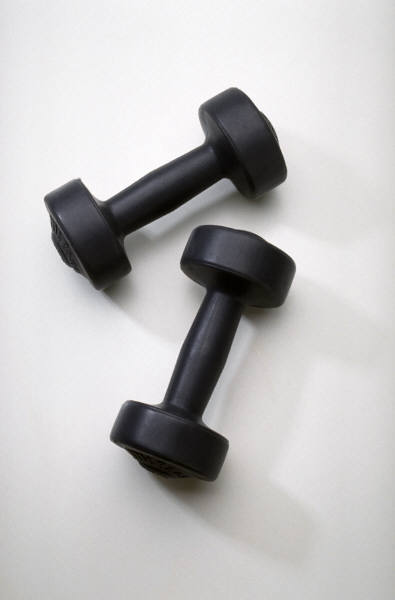I began writing this article toward the end of a downer of a day. Even though I had slept in later than usual, I felt lethargic and low all day long, and it seemed to me that I had accomplished very little. I had a pretty good idea why, too.
The day before, I’d gone in for my annual physical, proud of the fact that I had increased my exercise time, only to be told that I need to exercise every single day, and by the way, lose a few pounds.
It occurred to me that, though I didn’t really feel like working, I might perk up if I actually completed one of the tasks I’d dabbled with that day. So, after supper, I went to my computer and began to scan through my previous blog articles for one that could support a follow up. Whether guided by intuition or luck, my eye fell upon our August Resolution of the Month: Self-Compassion.
Of course! In that previous blog article, as well as in my book Bridges to Consensus, I had written about the physically weakening effects of self-criticism (wrong making), which also includes “have to” and “should” statements like “I have to exercise every single day.” Even though I had not been consciously aware of self-critical words running through my head, I realized that I felt I had been made wrong. My improved exercise program was not enough. I was too fat. My best was not good enough. No wonder I felt more like curling up in a ball rather than exercising.
My instinct to finish some tangible task had been on target. If I completed a draft of the follow-up blog article, I would feel made right, an unspoken mental complement about what I had accomplished. But reviewing my Self-Compassion article enabled me to do myself even better.
First, I got up from that computer and did exactly what I do in my classroom experiments to restore the student’s arm to full strength. I thought of a legitimate compliment I could pay myself right then and there, whether I completed another blog article or not, increased my exercise or not, lost weight or not. I said the complement out loud until I really felt it.
Next, I went back to my previous Self-Compassion blog and tried the technique suggested in Oprah magazine. Step 1: I found the words for the negative stuff rattling around in my unconscious mind, and challenged the absolute terminology. “The best I can do will never be good enough” became “I don’t even know yet what’s the best I can do, but I know it will be better than what I had been doing, and so will I.”
“I’ll be spending so much time exercising I’ll never have any fun, and I can’t even enjoy the foods I like anymore” became “Nonsense! Last week you exercised six days out of seven and had as much fun as you do in any normal week. And there are many days when you have stuck to your target calorie count and still enjoyed a good dessert.”
Step 2: I channeled a compassionate advisor, a good friend, and spoke my self-criticism out loud to her, “I’m just not doing enough. I must work out more and eat less.” Then, I put myself in her shoes and responded as she would, “Not doing enough for what? You’re healthy and happy as you are. You can choose to keep going along your current path or try some experiments with your workout and food plan, if you wish.” My compassionate advisor made it a choice, rather than a “have to.”
Step 3 is to write out any worrisome thoughts. Since I had been composing my blog as I performed steps 1 and 2, this was already done. What a great feeling. And when I had completed a first draft of this blog article, guess what? I actually felt like working out.
So, one lesson here is that the things I suggest for my readers are things that actually work for me.
Another lesson is that, if you sometimes feel a little befuddled, try browsing through past articles on my blog, or through the table of contents in Bridges to Consensus. Many of the practices that help us build bridges with others can also help you solve your own individual problems. The “Three Magic Questions” for clarifying your interests[1] spring to mind, as does the “Walkaway Alternative” or “Plan B”[2]. The communication skills[3] that work so well with others can also improve your head talk with yourself.
And when you do find help in the book or blog, help that works for you, I’d love to hear about it via phone or e-mail. Meanwhile, be kind to others, and to yourself.

